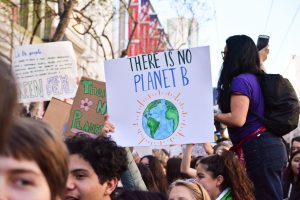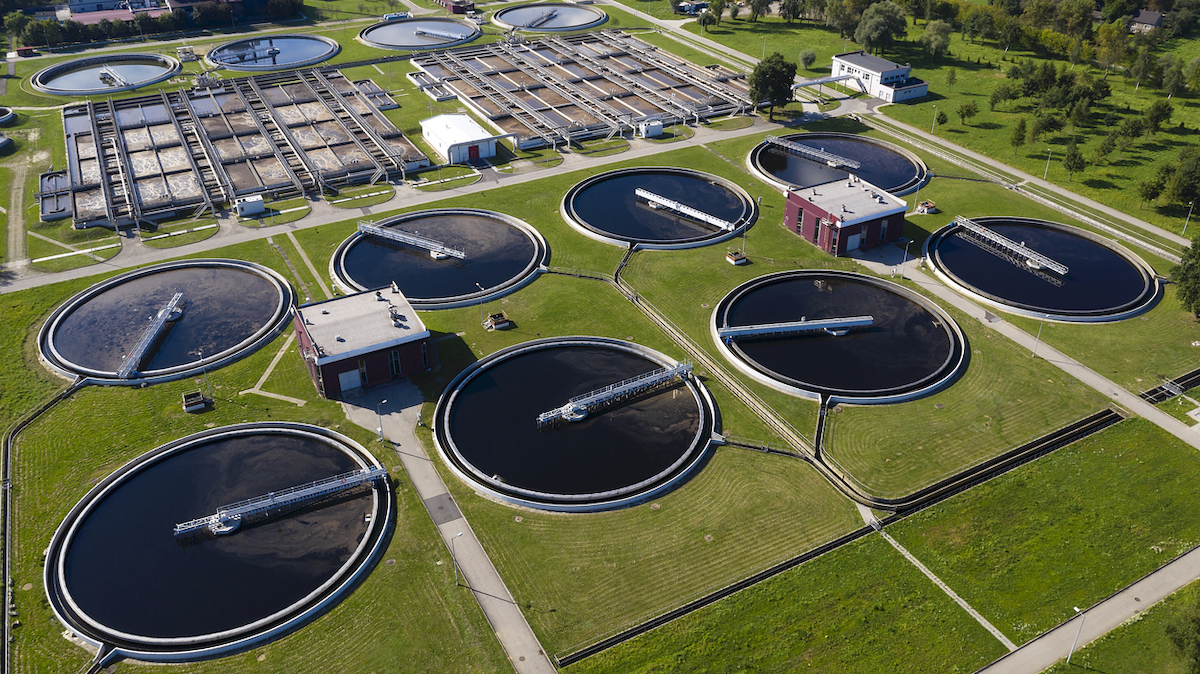Our planet is facing extreme challenges. Climate change has moved from the realm of hypothesis to reality and the urgency is now being recognised globally. According to a report published by the UN in 2018, we had just 10 years to limit the impact of climate change.
Given the pressing need to act, and the complexity of climate change, we can no longer view global environmental issues such as climate and waste in isolation. As a result, the corporate sustainability landscape has dramatically shifted within the past 18 months, connecting these two critical issues. For the food and beverage industry this is a time of transition and change with increased pressure across businesses, from waste management and the use of sustainable materials to energy consumption and taking a full value chain view.
A global research study conducted by Tetra Pak in partnership with Ipsos showed that two-thirds of consumers now believe we’re reaching an environmental tipping point, viewing themselves and modern lifestyles as directly responsible for the world around them. Consumers are therefore changing their behaviour to include greater environmental awareness in their purchasing decisions – one in five consumers indicate their intent to buy more sustainable packaging and more environmentally sound food and beverage products.
Consumers are not alone as company leaders are also realising the scale of the challenge, and the radical change needed to redefine their business and work towards a low-carbon circular economy. Working together with suppliers and partners, Tetra Pak strives for responsible sourcing, lowest carbon impact and increased collection and recycling of used beverage cartons. The sum of all these initiatives across the value chain is Planet Positive: a new way of thinking that is guiding us to securing a low-carbon circular economy.
Under Planet Positive, Tetra Pak has evolved from focusing on environmental commitments and actions to assessing impact across the whole value chain. This means working to deliver packaging solutions with the lowest carbon footprint and highest efficiency while minimising the environmental impact on our own operations and working with partners to address the end-of-life of our products. As a result, Tetra Pak is on track with both the 2020 carbon emissions reduction ambitions and ahead on its RE100 commitment to 100 per cent renewable power – which is projected to be reached in 2025, five years ahead of the commitment. We’ve also committed more than €80 million in packaging development from 2019 to 2021 to replace fossil-based plastic in our packaging with renewable or recycled material.
Collaboration and partnerships are critical, so the sum of our total actions helps us solve our greatest sustainability challenges. A challenge this great requires the unique contribution of everyone across the industry, with bold steps defining future business leadership in the 21st century to focus in on making a positive impact on the planet, ensuring we can continue to meet consumer needs, while protecting the one planet we have to live on.
More about Tetra Pak’s sustainability initiatives
Image courtesy of iStockPhotos.com






